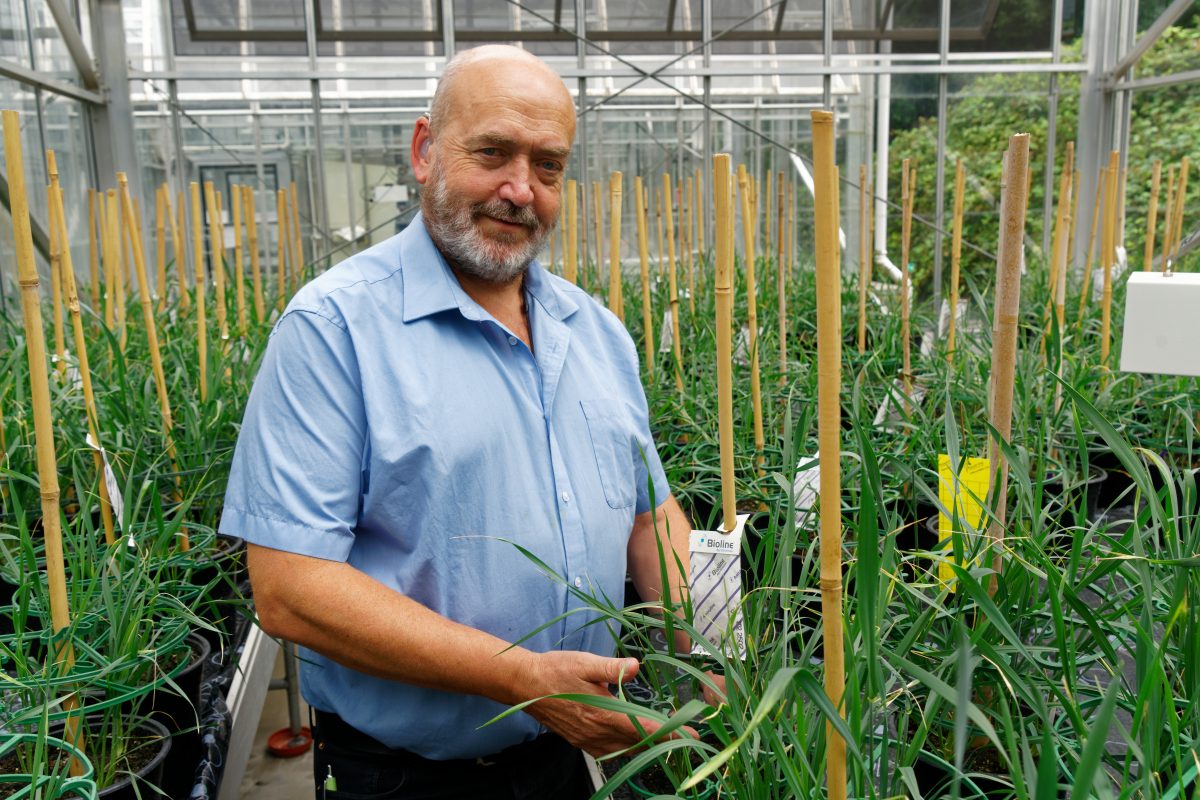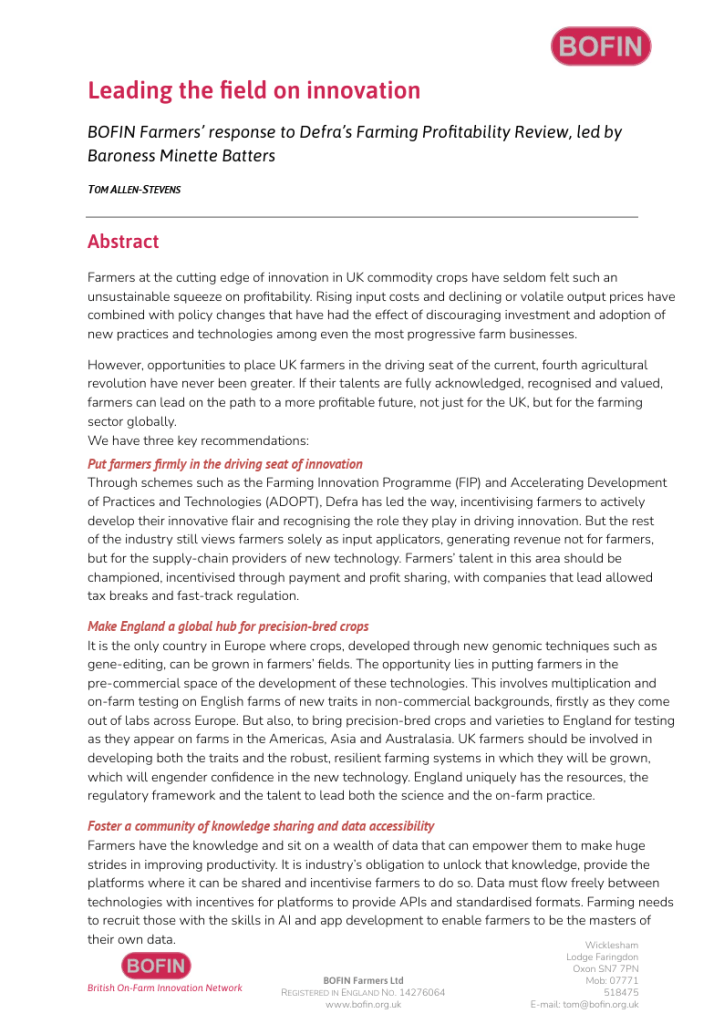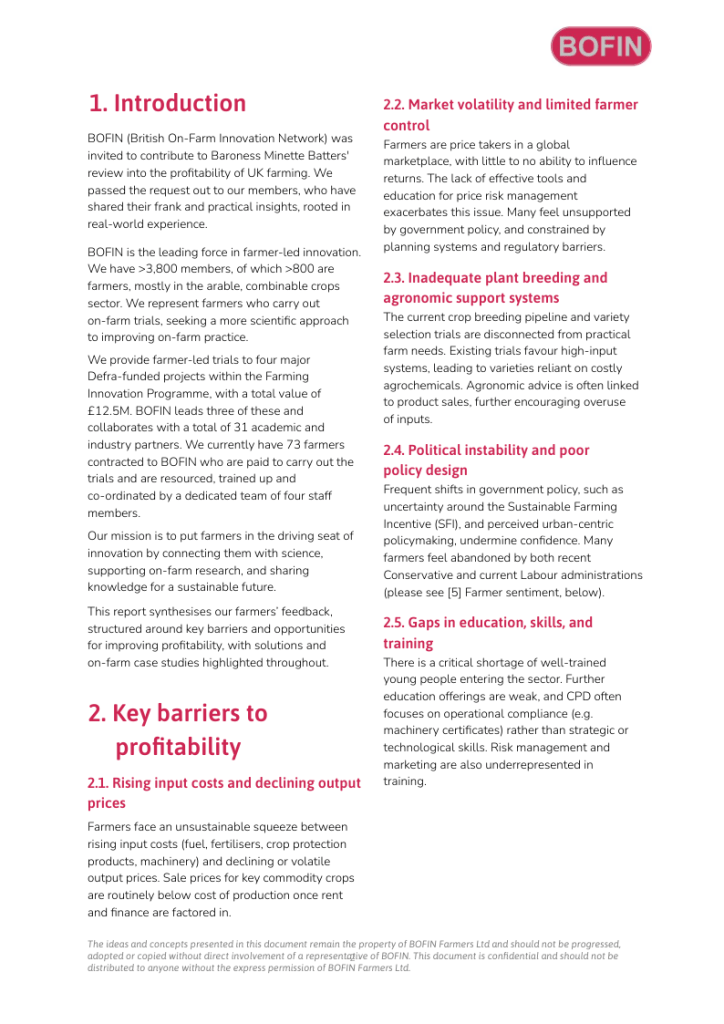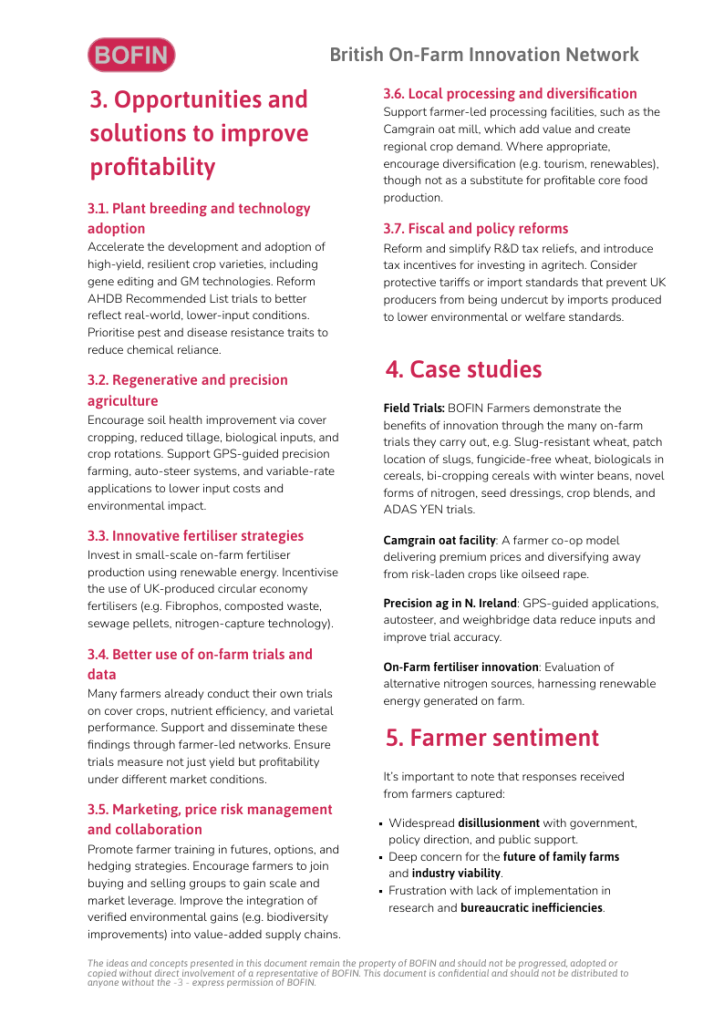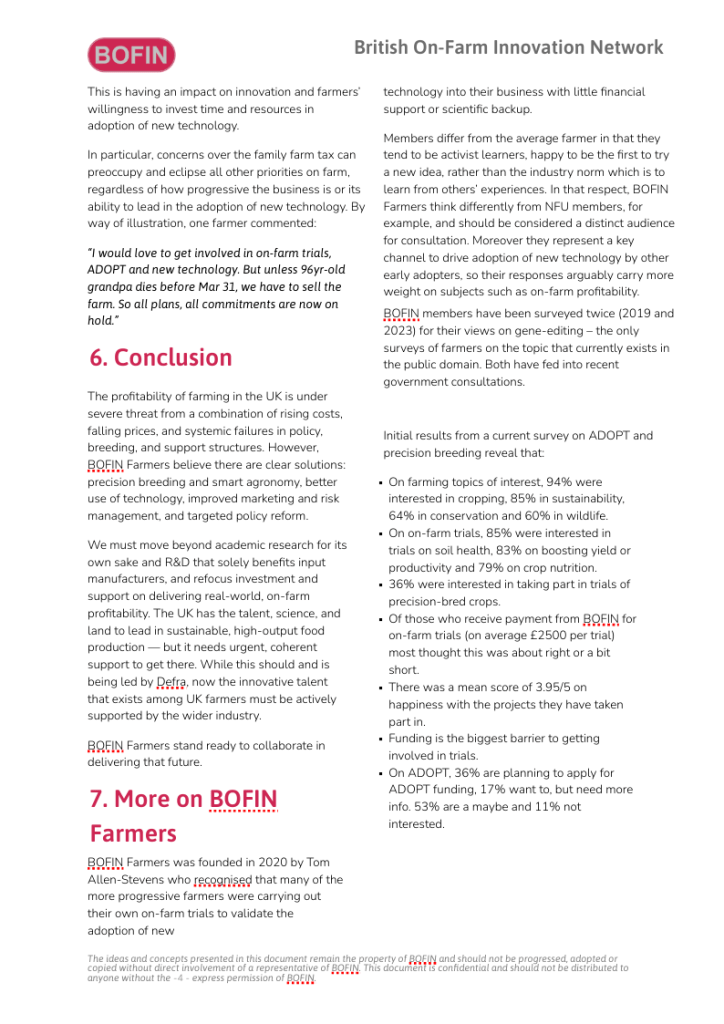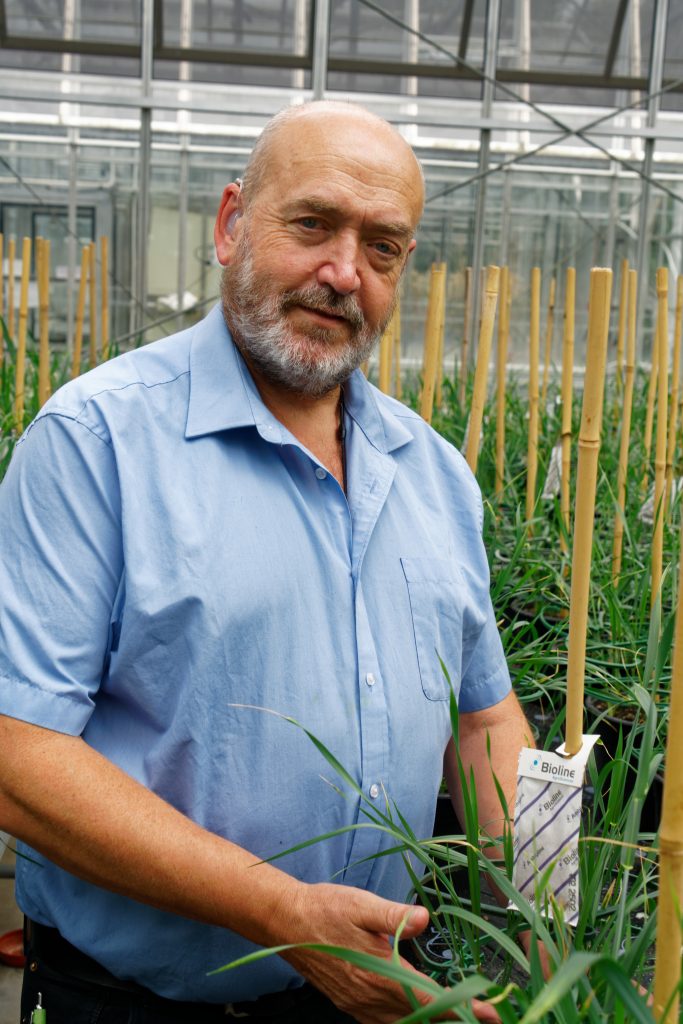17th November 2025
Precision breeding regulations ‘a major step forward’
Partners in the PROBITY project have welcomed the news that the Genetic Technology (Precision Breeding) Regulations have now come into force.
The regulations, which only apply to England, set out a regime which covers marketing, food and feed authorisation, public registers and enforcement of crop varieties created through precision breeding techniques including gene editing. Scientists and plant breeders can now (since 13 November) apply for precision-bred varieties to be approved for use and sale.
PROBITY, a 12-partner project brings together scientists, food processors and farmers to explore the potential of precision-bred cereal crops. Launched in 2024 the project will bring precision-bred varieties into trials on commercial farms in England for the first time. The precision-bred varieties within PROBITY will be grown under a closed contract with all produce remaining the property of the project partners.
Project lead and managing director of the British On-Farm Innovation Network (BOFIN) Tom Allen-Stevens said: “For farmers this update is a major step forward giving us access to the resilient, productive and sustainable crops that we so urgently need.
“Within the project our scientists can now apply for approval of the PROBITY varieties, and we look forward to seeing how they perform in the field, and how farmers, food manufacturers and consumers respond to them.”
The project’s technical lead, Professor Nigel Halford of Rothamsted Research added: “This is a great moment for plant science in this country. It is encouraging to know that the innovative varieties currently confined to laboratories and research farms can now start to make a difference on farms and across the food chain.”
